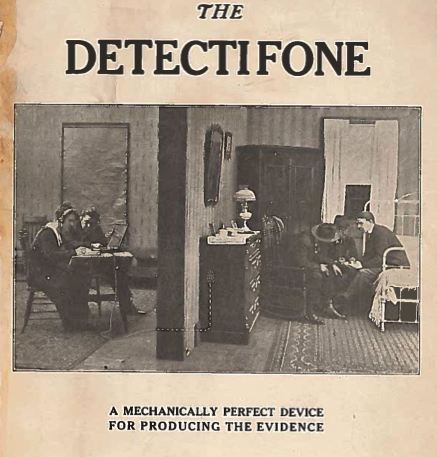Event/s

Brian Hochman: The Uninvited Ear
Fri, 27. Jul 2018
Electronic eavesdropping is as old as electronic communication. U.S. Civil War generals traveled with professional telegraph tappers in the 1860s. American phone companies tacitly sanctioned law enforcement wiretaps as early as 1895. And corporate communications giants abetted government eavesdropping programs for most of the twentieth century. Today, pundits and policymakers argue contentiously over the ethics of mass surveillance and global data collection. But the social and technological backstory to the rise of electronic eavesdropping in America remains largely unexamined. How did earlier generations of citizens understand and confront the problem of communications privacy? How did we get to where we are today?
In ‘The Uninvited Ear: A History of Wiretapping in the United States,’ scholar Brian Hochman is the first to try to answer these questions. Combining primary research in government archives with readings of court cases, wire thrillers, and Hollywood films, he uncovers the history of electronic eavesdropping in America from the nineteenth century to the present, arguing that cultural contests over wiretapping constitute contests over what it means to communicate in a networked society—a society in which information needs to travel across vast distances, and a society in which technologies of all sorts enable electronic data to traverse them.
Brian Hochman is an American academic and an Associate Professor of English at Georgetown University (USA) and the author of Savage Preservation: The Ethnographic Origins of Modern Media Technology (University of Minnesota Press, 2014) and The Uninvited Ear: A History of Wiretapping in the United States (Harvard University Press)